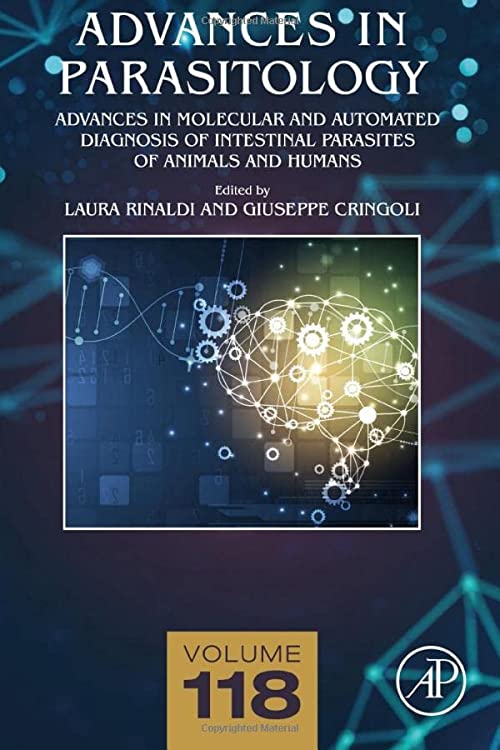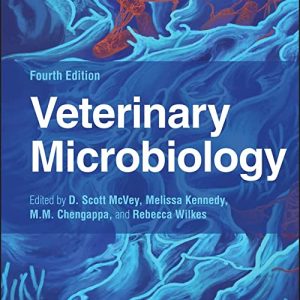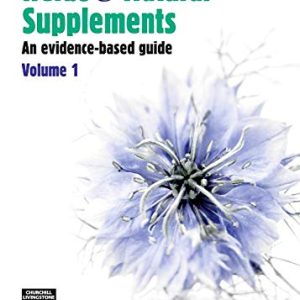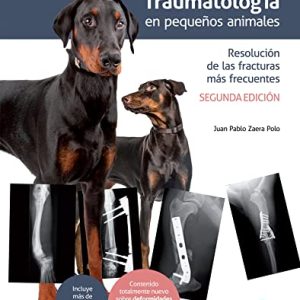Description
Review
Seminal, comprehensive, up-to-date reference on all areas of interest in contemporary parasitology
From the Back Cover
Advances in Parasitology, Volume 116, the latest release in this ongoing series, includes medical studies of parasites of major influence, along with reviews of more traditional areas, such as zoology, taxonomy and life history. Chapters in this update include Landscape analysis of available diagnostic tests for STH: how far are we from the WHO TPPS? and Challenges and solutions for the diagnosis of animal and human Strongyloides stercoralis infection.
About the Author
Laura Rinaldi is Full Professor of Parasitology and Parasitic Diseases at the Department of Veterinary Medicine and Animal Production, University of Naples Federico II and Director of the WHO Collaborating Centre for Diagnosis of Intestinal Helminths and Protozoa. She is co-founder and Associate Editor of the Journal Geospatial Health and from 2012-2020 she was President of the International Society for Geospatial Health (GnosisGIS). She is on the WHO Technical Advisory Group (DTAG) for NTD diagnostics and her interests are in the epidemiology (using geospatial tools), diagnosis (improving traditional and using innovative techniques) and control of protozoa, helminths and arthropoda of veterinary and medical importance. Her main research areas are focused on the diagnosis, mapping and control of human soil-transmitted helminths, inclusive of zoonotic parasites, and efficacy of antiparasitic drugs against protozoa and helminths of medical and veterinary interest.
Giuseppe Cringoli is Full Professor of Parasitology and Parasitic Diseases at the Department of Veterinary Medicine and Animal Production, University of Naples Federico II and diplomate of the European Veterinary Parasitology College. He is Director of the Regional Center for Monitoring of Parasitic Diseases (Campania Region, Italy) and of the WHO Collaborating Centre for Diagnosis of Intestinal Helminths and Protozoa. He is also President of the school of Veterinary Medicine and Agricultural Sciences of the University of Naples Federico II. His main research interests are epidemiology, diagnosis and control of protozoa, helminths and artropoda of veterinary and human interest. He has a great experience in intestinal parasite epidemiology and diagnostics development, implementation and evaluation. He is inventor of novel diagnostic tools e.g., the widely recognised FLOTAC, Mini-FLOTAC and Fill-FLOTAC devices and techniques for qualitative and quantitative uro/copromicroscopic diagnosis of helminths and intestinal protozoa in animals and humans.
Seuls les clients connectés ayant acheté ce produit ont la possibilité de laisser un avis.





Avis
Il n’y a pas encore d’avis.